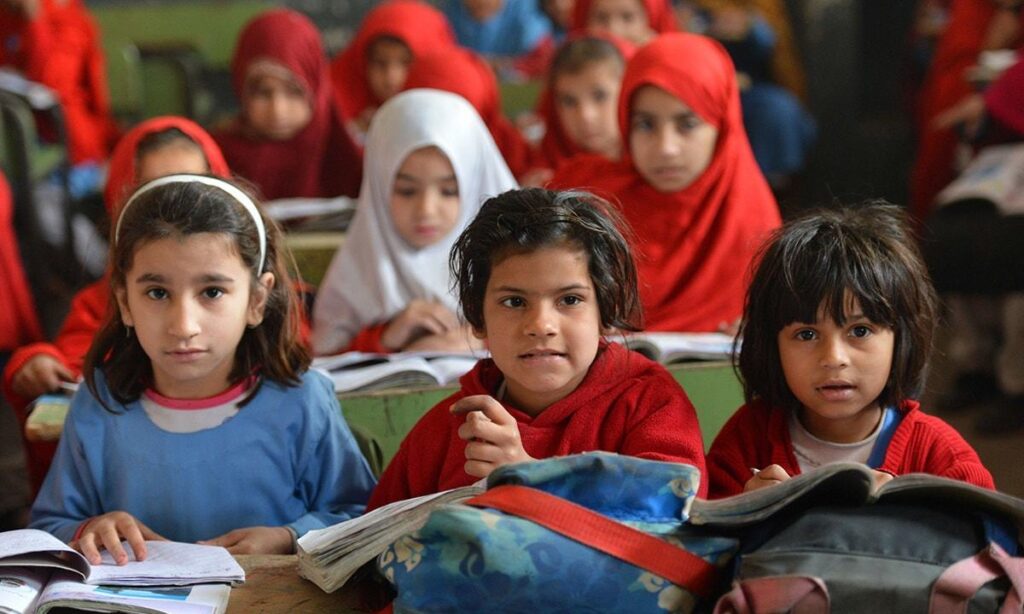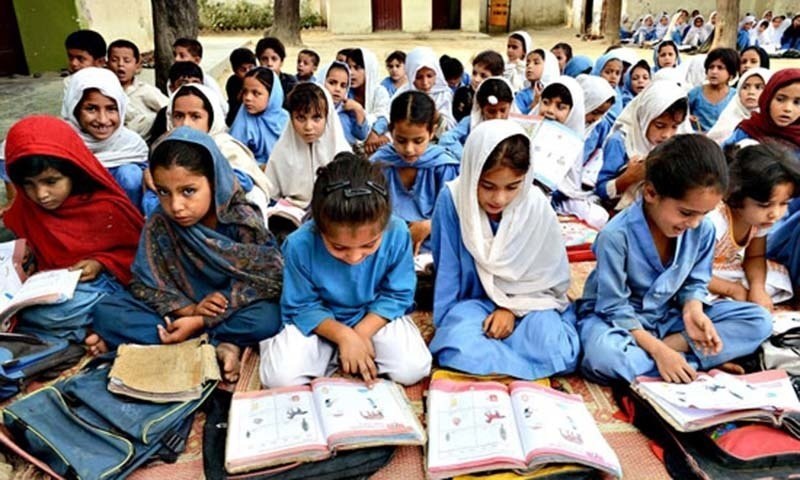In the heart of every nation lies its children — the dreamers, the thinkers, the builders of tomorrow. In Pakistan, where over 35% of the population is under the age of 15, the future is young. But for that future to shine, two pillars must be strong: health and education.
Yet, today, millions of children in Pakistan face a stark reality: poor healthcare, limited access to quality education, and a lack of parental awareness that hinders their growth. If we are to build a stronger, more just society, it must begin at home — with parents taking an active role in shaping their children’s physical, mental, and intellectual well-being.
The Current Landscape: A Crisis in Numbers
Health
- Nearly 40% of children under five in Pakistan suffer from stunted growth due to malnutrition (UNICEF).
- Immunization coverage remains inconsistent, leaving children vulnerable to preventable diseases.
- Mental health in children is almost completely ignored, with stress, anxiety, and learning disorders rarely diagnosed or treated.
Education
- Over 22 million children are out of school — the second highest in the world.
- Girls, especially in rural areas, face barriers such as early marriage, cultural taboos, and poor access to schools.
- The schools that do exist often suffer from underqualified teachers, lack of resources, and outdated curricula.
The Silent Catalyst: The Role of Parents
While government policies, NGOs, and international aid all have a role to play, real transformation begins at home. In every village and every city block, parents are the first teachers, first doctors, and first role models.
Here’s how parents can become agents of change in their children’s lives:

1. Prioritize Nutrition and Hygiene
Proper nutrition builds not just strong bodies, but healthy brains. Parents must:
- Serve balanced meals rich in fruits, vegetables, and proteins.
- Ensure clean drinking water, handwashing, and basic hygiene.
- Schedule regular check-ups and vaccinate without delay.
Health is not expensive. Neglect is.
2. Make Education a Family Value
Education doesn’t start at school — it starts at home.
- Read with your children. Even 10 minutes a day builds vocabulary and love for learning.
- Encourage questions. Let them explore. Be curious with them.
- Support girls’ education with pride, not permission.
- Don’t compare your child to others — nurture their unique talents.
A literate child raises a literate generation.
3. Protect Their Mental Health
In our society, emotions are often silenced. But children need to feel seen, heard, and loved.
- Listen to your children without judgment.
- Recognize signs of stress: withdrawal, aggression, low performance.
- Don’t shame. Support. If needed, seek professional help.
Strong minds build strong futures.
4. Lead by Example
Children mimic what they see more than what they’re told.
- Show respect, kindness, and responsibility in daily life.
- Demonstrate reading, praying, or working with purpose — they’ll follow.
- Limit screen time by spending quality time with them.
A parent’s behavior is a child’s blueprint.
Our Collective Responsibility
While parents are central, the system must support them too. We must advocate for:
- Free and quality education for every child.
- Community health centers focused on mothers and children.
- Awareness campaigns about nutrition, hygiene, and mental health.
- Teacher training that goes beyond textbooks.
NGOs, religious leaders, tech entrepreneurs — we all must play our part. Even our own project “Kid’s Mind”, focused on teaching ethics to children through AI-generated cartoons, is a humble step in creating learning that is joyful, ethical, and modern.
